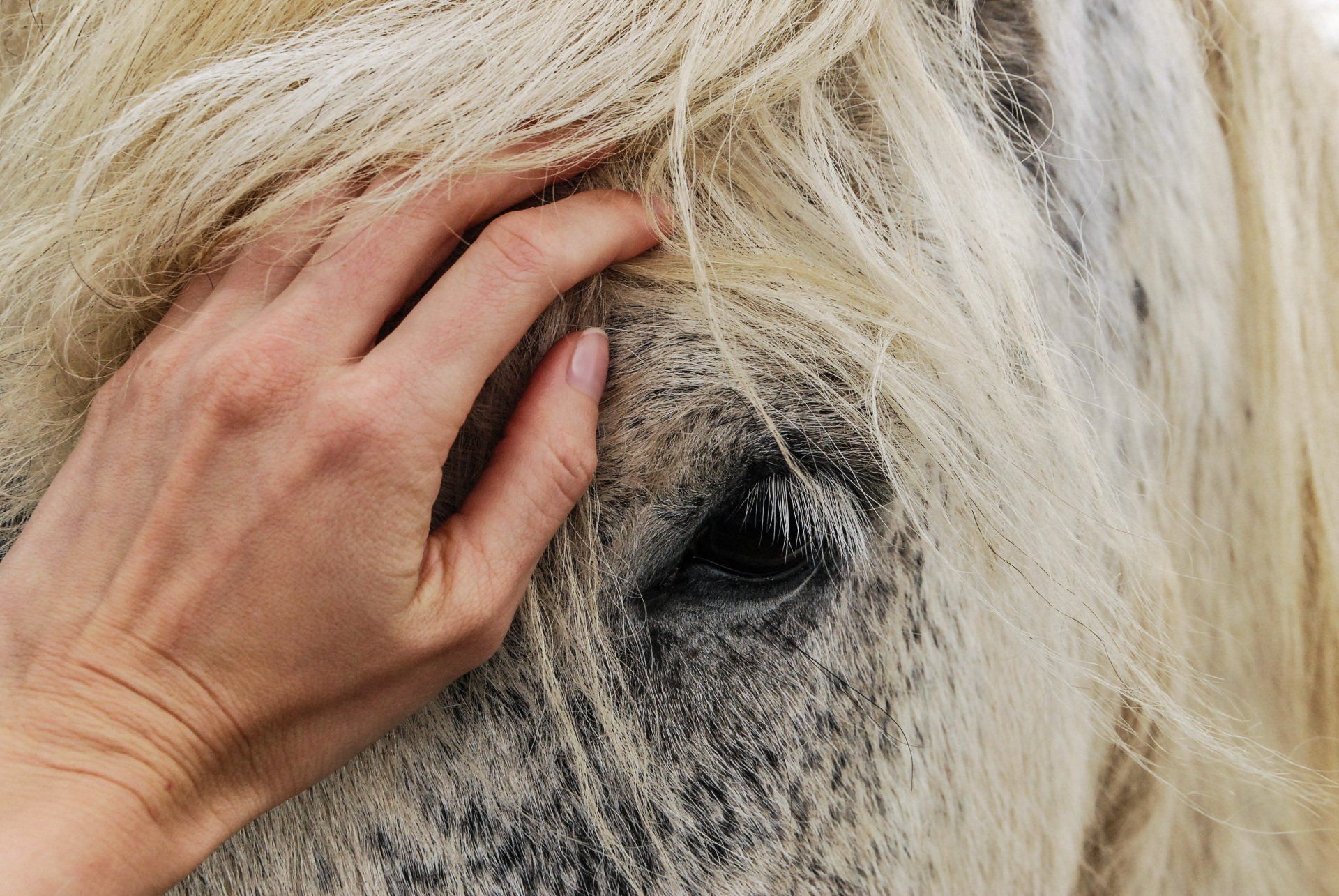Why Switzerland is a great country for horses
Let’s face it: Horses are pretty awesome. But only if you can afford them.
They can be your best friend, sports partner or replace the psychotherapist.
There is only one big downside: They are quite expensive, being large animals that originate from the steppes (grasslands) of the world.
Luckily, Switzerland is a country with high salaries making expensive things more “affordable”. Now you might say: Wait a minute! If salaries are high, then horses would be more expensive in Switzerland than in other countries. And that is partially true of course, but not quite.
Lots of stuff around horses gets imported luckily. Some food can be imported from other European countries, equipment is typically not manufactured in Switzerland and can therefore be imported from less expensive countries as well.
So in the end, one can compensate the high cost of labor in Switzerland a bit through imports, like with many other goods like high-end electronics.
The Swiss take great care of their horses
Anyone who is either into horses or has traveled the world a bit will know: Horses are unfortunately not treated so well in every part of the world. In fact, in most of the countries of the world, a good deal of horses and other equines are probably treated horribly due to the lack of money and education about how to treat them right.
In Switzerland by contrast, the money is there and at least a good share of the inhabitants of Switzerland who have horses as a hobby or profession are well educated about how to treat them right.

Strong regulation helps equids
Another interesting factor is the legal part. Switzerland has distinct rules about how horses, ponies and donkeys may be kept. Those rules include for example that horses must get at least two hours of movement each day. Now you might rightfully say that this is not that much. But at least, there is such a minimum. Many countries in the world do not even have such rules at all.
A fact I found interesting was that it is explicitly and strictly forbidden in Switzerland to tie a horse to a wall in a stable for an extended amount of time. This was a common practice some years ago. Nowadays, cows are still kept like this very often. And in many of Switzerland's neighbors, this approach is not explicitly banned yet, even if it somewhat frowned upon.
Switzerland is also one of the few countries that has strictly banned putting a horse into
hyperflexion (Rollkur) during dressage events.
911 for horses
Like any decently civilized country, Switzerland has an
emergency animal rescue service for large animals, including horses. This is certainly not unique to Switzerland, but it shows its level of sophistication.
This article is not financial, tax or legal advice by any means.
I am only sharing my own personal experiences here.
Always seek professional financial, tax or legal advice before making decisions.



